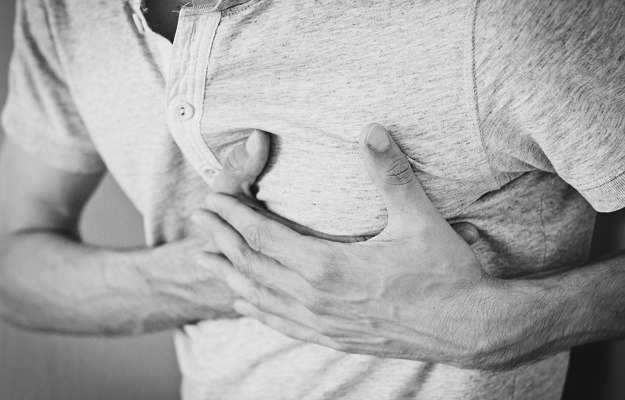What is malignant hyperthermia?
High body temperature is known as hyperthermia. Malignant hyperthermia (MH) is a familial inherited disease in which a person experiences a rapid response to certain drugs that are used during surgeries (especially anaesthetic gases). Malignant hyperthermia is observed in the form of severe muscle contractions and a swift rise in the body temperature. The hyperthermia seen in this condition differs from that in other medical emergencies such as infection or a heat stroke.
What are its main signs and symptoms?
The common signs and symptoms of MH include:
- Body temperature that rises to 105°F (40.6°C) or even higher (Read more: Fever treatment)
- Muscle stiffness, rigidity and ache (due to an unknown cause)
- Rapid heart rate
- Acidosis
- Bleeding
- Discolouration of the urine, which could be dark brown
What are its main causes?
MH can be caused by:
- Inheritance of the condition (Even one parent carrying the disease can lead to a child developing MH).
- Other inherited muscle diseases such as:
- Multiminicore myopathy
- Central core disease
Both these diseases affect skeletal muscles, leading to muscle weakness.
How is it diagnosed and treated?
This condition is generally revealed after a person is given anaesthesia during surgery. An individual suffering from MH experiences fast and often irregular heart rate and sometimes unexplained death during anaesthesia. Hence, a family history of MH is taken by the physician before administering anaesthesia. Some of the tests that could be advised to diagnose this condition include:
- Blood tests such as:
- Clotting tests: Prothrombin time (PT) and partial thromboplastin time (PTT)
- Blood chemistry panel, which includes creatinine phosphokinase (CPK)
- Urine test to evaluate the levels of myoglobin, which is a muscle protein.
- Genetic testing
- Muscle biopsy
Management of MH includes:
- Administration of dantrolene, which is considered to be a drug of choice during an episode of MH.
- Reducing the fever or risk of further serious complications by wrapping the person in a cooling blanket.
- The person is given fluids through a vein (intravenously) during an episode of MH, which helps to prevent damage to the kidneys, thereby preserving their function.

 OTC Medicines for Malignant Hyperthermia (MH)
OTC Medicines for Malignant Hyperthermia (MH)















